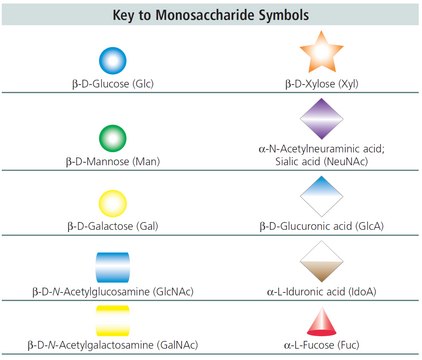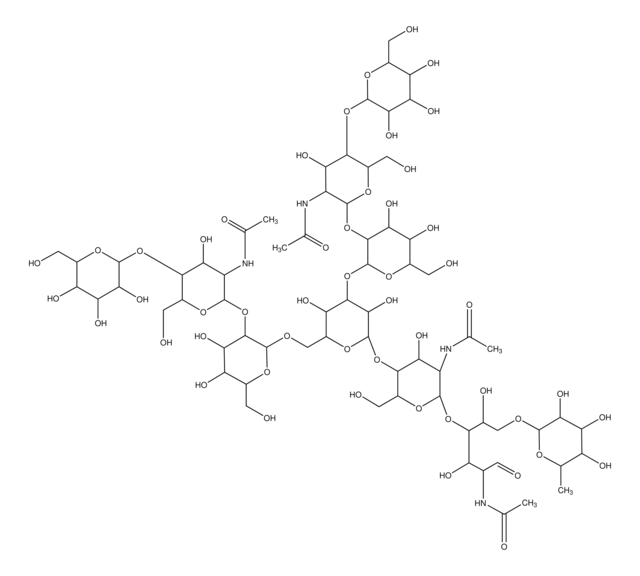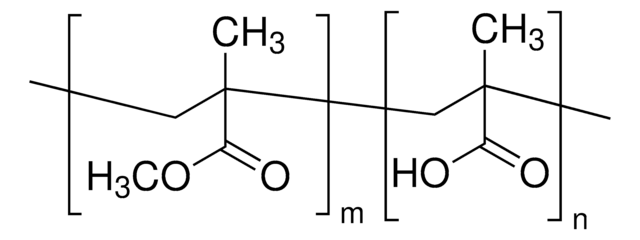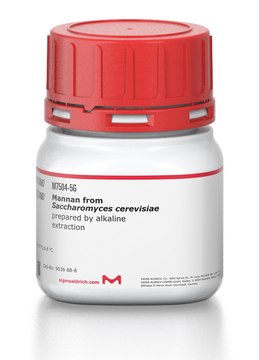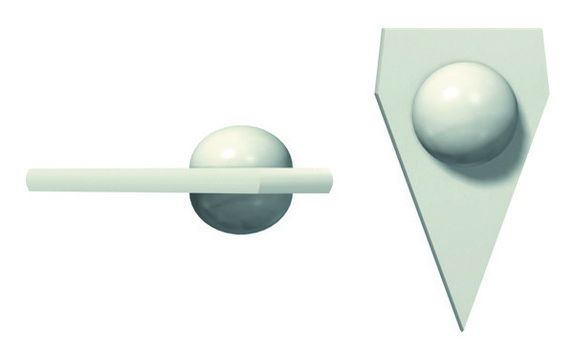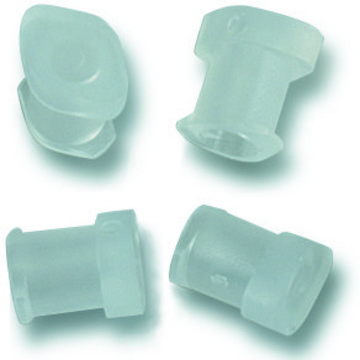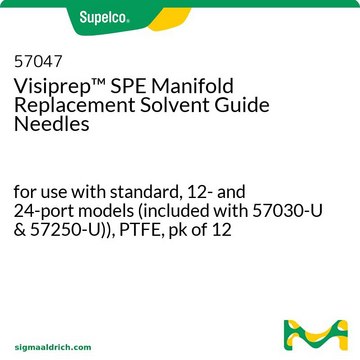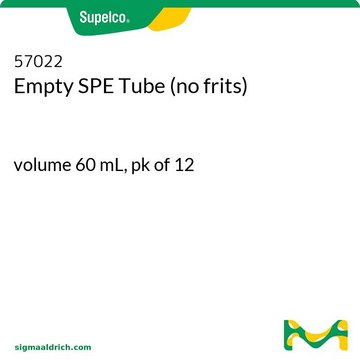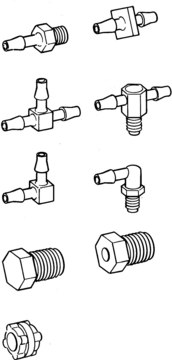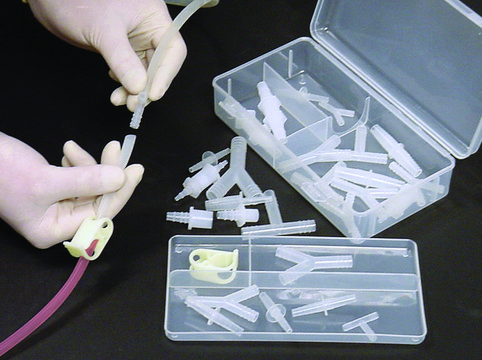ZRB003845
Anti-KRas Antibody, clone 2J13, ZooMAb® Rabbit Monoclonal

recombinant, expressed in HEK 293 cells
Synonym(s):
GTPase KRas, K-Ras 2, Ki-Ras, c-K-ras, c-Ki-ras
Select a Size
About This Item
Recommended Products
biological source
rabbit (recombinant)
Quality Level
recombinant
expressed in HEK 293 cells
conjugate
unconjugated
antibody form
purified antibody
antibody product type
primary antibodies
clone
2J13, recombinant monoclonal
monoclonal
product line
ZooMAb® learn more
form
lyophilized
mol wt
calculated mol wt 21.66 kDa
observed mol wt ~21 kDa
1 of 4
This Item | 504351 | 57047 | 57022 |
|---|---|---|---|
| technique(s) solid phase extraction (SPE): suitable | technique(s) solid phase extraction (SPE): suitable | technique(s) solid phase extraction (SPE): suitable | technique(s) solid phase extraction (SPE): suitable |
| application(s) environmental | application(s) environmental | application(s) food and beverages | application(s) food and beverages |
| compatibility configured for capping luer tips, for use with Supelco Visidry Drying Attachment | compatibility configured for plugging luer holes | compatibility for use with standard, 12- and 24-port models (included with 57030-U & 57250-U)) | compatibility - |
| packaging pkg of 12 ea | packaging pkg of 12 ea | packaging pk of 12 | packaging pk of 12 |
| material polypropylene | material - | material PTFE | material polypropylene |
| Quality Level 100 | Quality Level 100 | Quality Level 100 | Quality Level - |
General description
Each ZooMAb antibody is manufactured using our proprietary recombinant expression system, purified to homogeneity, and precisely dispensed to produce robust and highly reproducible lot-to-lot consistency. Only top-performing clones are released for use by researchers. Each antibody is validated for high specificity and affinity across multiple applications, including its most commonly used application. ZooMAb antibodies are reliably available and ready to ship when you need them.
Learn more about ZooMAb here.
Specificity
Immunogen
Application
RNAi/siRNA/Gene Knockdown Analysis: A 1:1,000 dilution from a representative lot detected KRas in lysates from wild type HeLa cells, but not in lysate from KRAS knockout HeLa cells.
Target description
Physical form
Reconstitution
Storage and Stability
Legal Information
Disclaimer
Not finding the right product?
Try our Product Selector Tool.
Storage Class
11 - Combustible Solids
wgk_germany
WGK 2
Choose from one of the most recent versions:
Already Own This Product?
Find documentation for the products that you have recently purchased in the Document Library.
Customers Also Viewed
Our team of scientists has experience in all areas of research including Life Science, Material Science, Chemical Synthesis, Chromatography, Analytical and many others.
Contact Technical Service